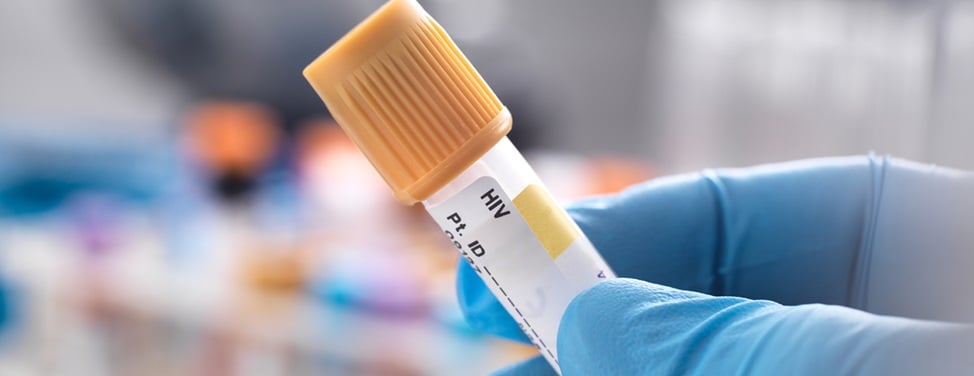
Anemia and Pregnancy
During the last half of pregnancy, your body makes more red blood cells in order to supply enough for you and your baby. Every red blood cell uses iron as its core. Iron cannot be made by your body and must be absorbed from the foods you eat.
Although iron is found in many foods, it is hard to absorb, making it difficult for your body to get enough to meet its needs during pregnancy. When you don't have enough iron in your diet, you make fewer red blood cells, which is called anemia. Iron deficiency anemia is very common and is easy to correct.
Your body also needs a nutrient called folate to make healthy blood cells. Folate is easily absorbed and found in most green vegetables.
Causes of Anemia
- Poor intake of iron- and folate-rich foods
- Increased destruction of red blood cells that can occasionally occur during illness
Anemia Signs and Symptoms
Often, women with anemia don't have specific symptoms. If anemia is severe, you may feel tired and weak.
Preventing Anemia
- Eat iron-rich foods such as meat, chicken, fish, eggs, dried beans and fortified grains. The form of iron in meat products, called heme, is more easily absorbed than the iron in vegetables. If you are anemic and you ordinarily eat meat, increasing the amount of meat you consume is the easiest way to increase the iron your body receives.
- Eat foods high in folic acid, such as dried beans, dark green leafy vegetables, wheat germ and orange juice.
- Eat foods high in vitamin C, such as citrus fruits and fresh, raw vegetables.
- Cooking with cast iron pots can add up to 80 percent more iron to your food.
- Take your prenatal multivitamin and mineral pill which contains extra folate.
Iron Supplements
Because it is difficult to get enough iron from your diet, you may need to take an iron supplement. There usually is enough iron in your prenatal vitamin to prevent anemia, but your provider may prescribe an extra iron pill if you are anemic.
If the iron tablet upsets your stomach, take it with a small amount of food. Do not take your iron tablet with dairy products or calcium supplements.
Iron-Rich Foods
The recommended dietary allowance (RDA) of iron during pregnancy is 30 milligrams. Here are some foods rich in iron.
Foods that provide .5 to 1.5 milligrams of iron:
- Chicken, 3 ounces
- Green peas, 1/2 cup
- Tomato juice, 6 ounces
- Broccoli, 1/2 cup
- Brussels sprouts, 1/2 cup cooked
- Whole wheat bread, 1 slice
- Dried apricots, 5 halves
- Raspberries, 1 cup
- Strawberries, 1 cup
Foods that provide 1.6 to 3 milligrams of iron:
- Sirloin steak, 3 ounces
- Roast beef, 3 ounces
- Lean hamburger, 3 ounces
- Baked potato with skin
- Kidney beans, 1/2 cup cooked
- Lima beans, 1/2 cup cooked
- Navy beans, 1/2 cup cooked
- Oatmeal, 1 cup cooked
- Raisins, 1/2 cup
Foods that provide 3 to 12 milligrams of iron:
- Clams, 4 large or 9 small
- Oysters, 6 medium
- Spinach, 1/2 cup cooked
- Fortified cereal, 1 cup
Additional sources of iron:
- All kinds of liver (except fish) — however, liver should not be eaten more than once a week
- Lean beef, veal, pork or lamb
- Greens, all kinds
- Beets
- Sauerkraut
- Tofu
- Lentils
- Soy bean flour
- Enriched pastas
- Unrefined sugars, such as molasses
UCSF Health medical specialists have reviewed this information. It is for educational purposes only and is not intended to replace the advice of your doctor or other health care provider. We encourage you to discuss any questions or concerns you may have with your provider.





















